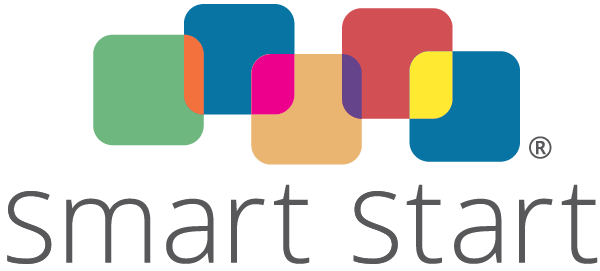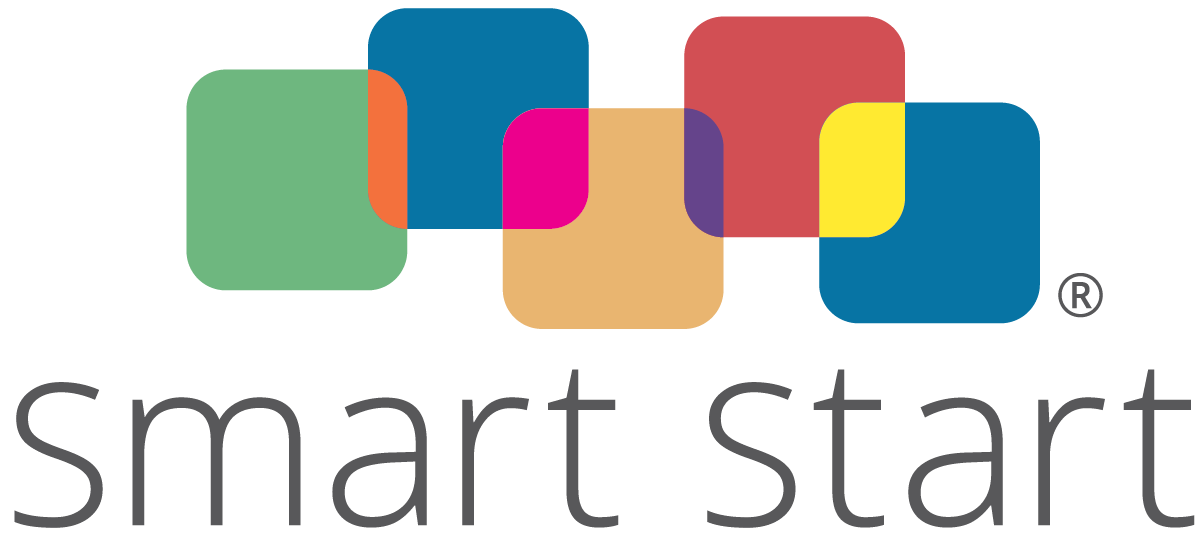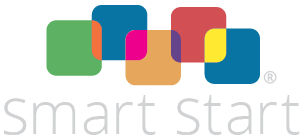Cross-Sector Building a Continuum Panel, 2022 Home Visiting & Parenting Education Summit
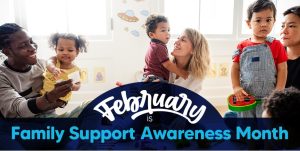 In celebration of Family Support Awareness Month, Smart Start is taking time to recognize the importance of home visiting and parenting education services to early childhood development. Smart Start will feature select sessions from the 2022 Home Visiting & Parenting Education Summit. To learn more about Smart Start’s Home Visiting & Parenting Education work, visit the Home Visiting and Parental Education System Building page.
In celebration of Family Support Awareness Month, Smart Start is taking time to recognize the importance of home visiting and parenting education services to early childhood development. Smart Start will feature select sessions from the 2022 Home Visiting & Parenting Education Summit. To learn more about Smart Start’s Home Visiting & Parenting Education work, visit the Home Visiting and Parental Education System Building page.
What is the dream?
“Folks having the access, the availability, and the choice”- Mark Ownbey, Healthy Families America State Consultant
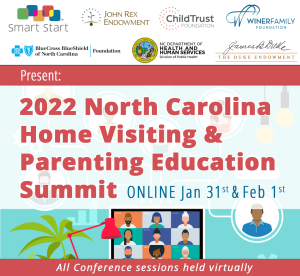 2022 Home Visiting & Parenting Education Summit attendees joined together to explore the connection between North Carolina’s home visiting and parenting education models and how each works on their own and collaboratively to serve children and families in the panel, Cross-Sector Building a Continuum.
2022 Home Visiting & Parenting Education Summit attendees joined together to explore the connection between North Carolina’s home visiting and parenting education models and how each works on their own and collaboratively to serve children and families in the panel, Cross-Sector Building a Continuum.
Panel representatives were from home visiting and parenting education models which include Circle of Parents, Incredible Years, Parents as Teachers (PAT), Nurse-Family Partnership (NFP), Healthy Families America, Healthyhttps://www.youtube.com/watch?v=1e3BCxZ93dM&list=PL73gFd4F8PCFNKx0qLHMj63ieyBwOVTnd&index=10teps, Triple P, and Family Connects International. The panel was moderated by Dr. Katrina Chance, executive director of the Richmond County Partnership for Children.
Home Visiting and parenting education support is crucial for families across the state. Each home visiting and parenting education model serves families in its own way, ensuring caregivers have the critical support they need to thrive. However, many home visiting and parenting education services are not offered throughout the whole state, with programs operating in funding and service silos.
While each home visiting and parenting education model serves families in a unique way, the lack of coordination among models creates a challenge. Common challenges for practitioners include recruitment for families who need support, the stigma of asking for and needing help for families, retention due to home visitor and parent educator salary, and expectations from other agencies.
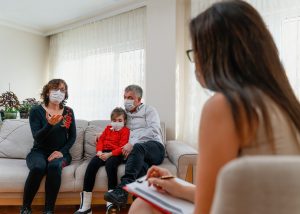 The Challenges of the Pandemic
The Challenges of the Pandemic
The pandemic has also drastically changed how support is provided—with providers adjusting their service model to include virtual home visits to support families safely. In some cases, the move to virtual home visits has allowed home visitors more flexibility regarding their schedule and supporting parents—but for others, access to quality internet has been a challenge, particularly in rural areas. Yet still, “Zoom fatigue” is taking place with both providers and families.
While these challenges do exist, the Home Visiting and Parenting Education System’s (HVPE) Collaborative Board is working to ensure all families “have access to a range of parenting education supports, from the prenatal period to age eight, within a coordinated delivery system, which will positively impact parent-child relationship and family and child well-being”.
Coordinated System is Key
By creating a coordinated system, the goals, funding, and support for all home visiting and parenting education models can complement each other more fully.
Patti Learman, Director of Parents as Teachers NC, recognizes the importance of all models, stating, “We want to have these collaborative relationships with other programs to help fill in the gaps and fill in the needs and meet as many families as possible where they’re at, with what they need, to be the best parents they can be”.
Likewise, Jessica Reinholz, Family Connects International’s Program Director, working with the Smart Start network, remarked that her dream is for a sustainably funded, coordinated system, in which the process is smooth and easy for families and destigmatized.
The Home Visiting and Parenting Education System, hosted by The North Carolina Partnership for Children, is working to achieve this coordinated system through choice, quality supports, racial equity, integration, and impact for the home visiting and parenting education field.
You can learn more about each home visiting and parenting education model, as well as the strengths, challenges, collaboration, and the future for model collaboration by watching Cross-Sector Building a Continuum of Support.
